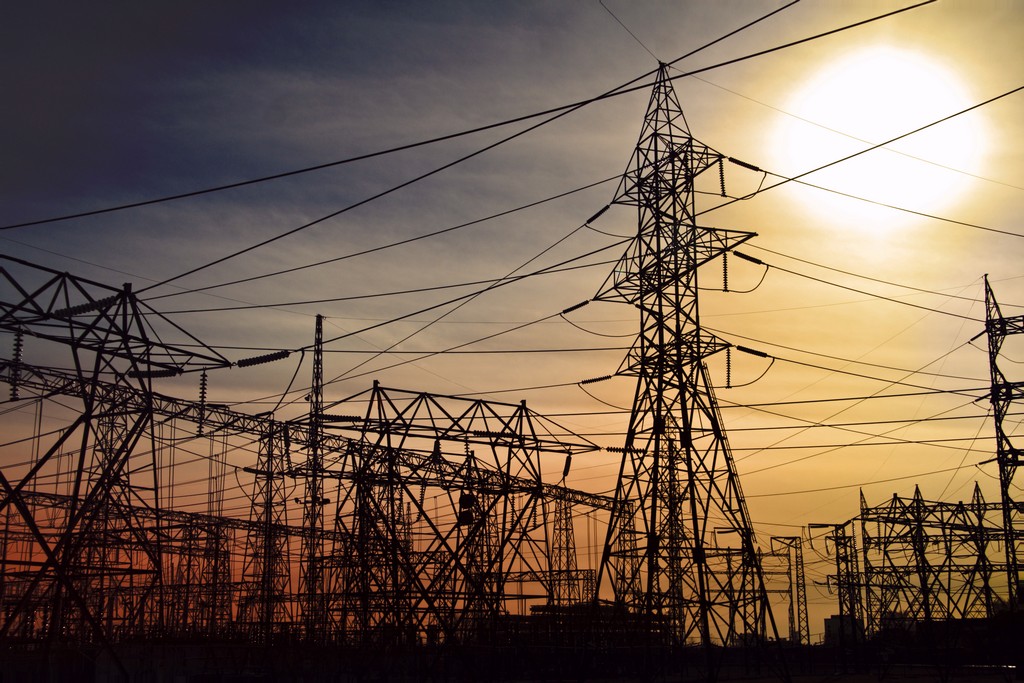The Federation of Philippines Industries (FPI) is pushing for the immediate construction of new power plants to secure the country’s long-term power requirements and support the government’s ambitious development program.
FPI urged the Department of Energy (DOE), Energy Regulatory Commission (ERC), and other private companies to cooperate in ensuring that the power supply and prices in the country will not be a burden to consumers.
According to FPI Chairman Dr. Jesus Lim Arranza, different industries are already experiencing the impact of inflation, which is reflected on the costs of basic goods and commodities.
“We want the power industry to step up and do something, so we can prevent a potential problem on electricity supply,” Arranza said.
He added that adding power plants will add to the growing demands of the market and help bring down power prices.
FPI also noted the ageing power plants in the country, with most of them already 15 years old or older, which are more prone to unplanned outages.
The group also probed other groups’ motives in blocking the construction of new power projects amid concerns of unnecessary delays that many projects are facing.
FPI cited the construction of the 1,200 MW coal-fired power plant of Atimonan One Energy Inc. (A1E), which is still awaiting its approval from the agencies involved.
“The Atimonan project is an example of a very significant power project that can ensure supply in the future,” Arranza said.
“Indeed, coming from the coconut industry where crushing of copra requires a great degree of power, the completion of this additional power plant particularly in the aforesaid coconut region will certainly encourage investment, considering that setting up an oil refining plants are hampered by lack of adequate power which is indispensable for its efficient operation,” Arranza added.
He also said that the project will even pioneer the Philippines’ efficiency, low emission (HELE) technology called ultra-supercritical, which is already present in other countries like Japan.
In order to continuously operate without any outages, having adequate capacity is important as well as addressing power prices that affect consumers.
“We may have enough supply right now but we cannot say the same for the future. We cannot just cross the bridge when we get there because it is not a problem that can be solved in an instant,” Arranza said.
“If we experience power shortage in the future, who will be held accountable? Is it the power industry who did not act on what they are supposed to do? Or is it those who are so persistent in blocking developments? Does this showcase government’s claim on the ease of doing business in the country?” he added.


